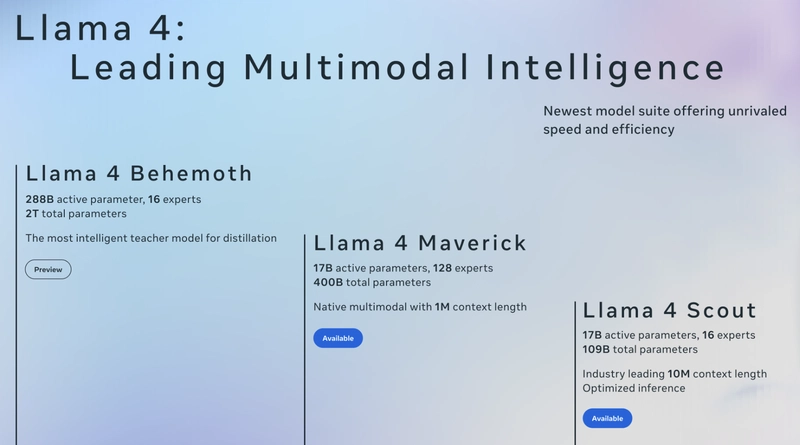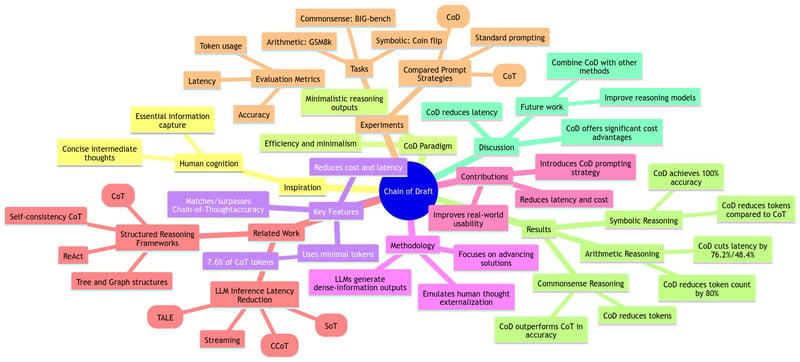The SEO Foundations Every Developer Should Keep in Mind
As developers, our main goal is to deliver a functional, fast, and visually solid website. But there’s something else I’ve learned to keep in mind over the years. Something that isn’t always in the project brief explicitly but matters to the people we’re building for: Growth. From a client’s perspective, they’re not just investing in a site, they’re investing in visibility. They want that site to show up, get found, and support their business. And for that to happen, the website needs a proper SEO foundation from day one. That part? A lot of it is still in our hands. So what exactly should we still pay attention to in 2025 when it comes to on-site SEO? Proper HTML Structure: Use one tag per page for the main title, and organize other sections with , , etc. This improves content clarity for users and helps search engines understand your page structure. Fast Load Times: Speed really matters. Slow sites lead to higher bounce rates. Compress images, reduce unnecessary scripts, and use browser caching to improve performance. Tools like PageSpeed Insights can give you a clear list of issues and suggestions to fix them. Mobile-first design: Because most people (over 62%) now go online using their phones, building websites with phones in mind is the normal way to do it. Google has also changed how they rank websites, now paying closest attention to the phone version. That means we should focus on making websites look clean, load quickly, and be easy to use with your fingers. Crawlability: Make sure that search engine bots can crawl the site. Proper use of the robots.txt file, a well-structured sitemap, and fixing broken links result in better indexing and visibility in search results. Structured Data (Schema Markup): Adding structured data helps search engines understand the content and context of your pages, enabling rich snippets in search results. For example, marking up product pages with schema can display price, availability, and reviews directly in search listings (Google for Developers). Meta Titles and Descriptions: Make sure every page has a unique and relevant meta title and meta description. These show up in search results and influence rankings and click-through rates. Don’t leave them blank or duplicated. Voice Search Readiness: With more people using voice assistants, it helps to format parts of your content in a question-and-answer style. Keep language natural, especially for headings and FAQs, so it matches how real people ask questions out loud. Of course, this is just one part of the picture. With 13+ years in the web space and having co-founded a few projects, I understand the role of off-site SEO as well, including backlinks, digital PR, and content marketing. That's why I always offer clients some extra guidance on "what next". If they don’t have someone who is handling that side, I suggest them a reliable SEO company I trust. So, even when **SEO **isn’t directly requested, I think we still have a responsibility to make sure the site has a solid starting point. I'm interested to hear how you all typically navigate on-site SEO, especially those elements that often are outside of the initial scope. I’m especially curious about things like structured data. Are you keeping up with it? Do you add it? Or do you skip it unless someone asks? Same for voice search, it’s one of those newer areas that barely gets mentioned, but I’m wondering if devs are paying attention and learning this stuff on their own. It might be extra work sometimes, but getting the on-site SEO right helps the sites we build do something.

As developers, our main goal is to deliver a functional, fast, and visually solid website. But there’s something else I’ve learned to keep in mind over the years. Something that isn’t always in the project brief explicitly but matters to the people we’re building for:
Growth.
From a client’s perspective, they’re not just investing in a site, they’re investing in visibility. They want that site to show up, get found, and support their business. And for that to happen, the website needs a proper SEO foundation from day one.
That part? A lot of it is still in our hands.
So what exactly should we still pay attention to in 2025 when it comes to on-site SEO?
Proper HTML Structure: Use one tag per page for the main title, and organize other sections with , , etc. This improves content clarity for users and helps search engines understand your page structure.
Fast Load Times: Speed really matters. Slow sites lead to higher bounce rates. Compress images, reduce unnecessary scripts, and use browser caching to improve performance. Tools like PageSpeed Insights can give you a clear list of issues and suggestions to fix them.
Mobile-first design: Because most people (over 62%) now go online using their phones, building websites with phones in mind is the normal way to do it. Google has also changed how they rank websites, now paying closest attention to the phone version. That means we should focus on making websites look clean, load quickly, and be easy to use with your fingers.
Crawlability: Make sure that search engine bots can crawl the site. Proper use of the robots.txt file, a well-structured sitemap, and fixing broken links result in better indexing and visibility in search results.
Structured Data (Schema Markup): Adding structured data helps search engines understand the content and context of your pages, enabling rich snippets in search results. For example, marking up product pages with schema can display price, availability, and reviews directly in search listings (Google for Developers).
Meta Titles and Descriptions: Make sure every page has a unique and relevant meta title and meta description. These show up in search results and influence rankings and click-through rates. Don’t leave them blank or duplicated.
Voice Search Readiness: With more people using voice assistants, it helps to format parts of your content in a question-and-answer style. Keep language natural, especially for headings and FAQs, so it matches how real people ask questions out loud.
Of course, this is just one part of the picture.
With 13+ years in the web space and having co-founded a few projects, I understand the role of off-site SEO as well, including backlinks, digital PR, and content marketing. That's why I always offer clients some extra guidance on "what next". If they don’t have someone who is handling that side, I suggest them a reliable SEO company I trust.
So, even when **SEO **isn’t directly requested, I think we still have a responsibility to make sure the site has a solid starting point.
I'm interested to hear how you all typically navigate on-site SEO, especially those elements that often are outside of the initial scope.
I’m especially curious about things like structured data. Are you keeping up with it? Do you add it? Or do you skip it unless someone asks? Same for voice search, it’s one of those newer areas that barely gets mentioned, but I’m wondering if devs are paying attention and learning this stuff on their own.
It might be extra work sometimes, but getting the on-site SEO right helps the sites we build do something.












































































